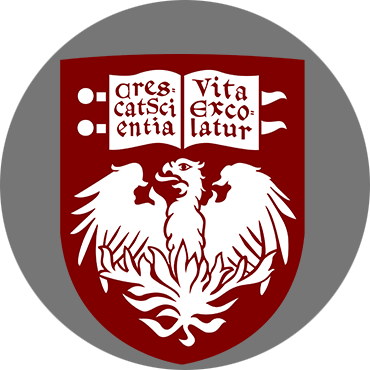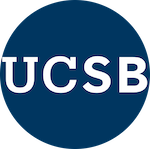Associate or Full Professor (Tenured) – Race, Diaspora & Indigeneity
The property
Position Description
The Department of Race, Diaspora and Indigeneity at the University of Chicago invites applications for appointment as tenured Associate Professor or Full Professor from candidates whose research and teaching focus lies at the intersections of race, Indigeneity, and the Law. The position will begin on or after July 1, 2023. Successful applicants should have a record of published scholarship and experience teaching in areas including, but not limited to, histories of racial capitalism, property and enclosure, Indigenous sovereignty, and settler colonial jurisprudence. We are eager to hire a scholar who can actively contribute to an interdisciplinary Department that engages Indigeneity in tandem with race and diaspora as exciting and productive for research and scholarship. Applicants who hold a J.D. or significant postgraduate training in legal affairs are preferred but not required. And, given the interdisciplinary nature of the Department, applications from colleagues whose work transcends, melds, or crosses disciplinary boundaries are particularly welcome.
All applications are welcome, and we especially encourage topics and approaches which speak to the intersectional, mixed-method, and public-facing emphasis of our departmental culture.
Application Instructions
Applicants must submit their materials through the University of Chicago’s Interfolio site apply.interfolio.com/122870 and upload the following:
- Cover Letter - Letter of application that briefly summarizes your qualifications and interest in the position.
- Curriculum Vitae.
- Research Statement – a 2-3 page statement in which you state your intellectual vision and trajectory, including work you hope to do in the future.
- Teaching Statement – a 2-3 page explication of what you hope to accomplish as a teacher and mentor in the classroom and beyond, that includes your vision of Diversity, Equity, and Inclusion.
- One representative writing sample - A sample of either a published piece from a book, edited volume, journal, or, if unpublished, a work or section of no more than 10,000 words.
- The names of three recommenders.
Review of applications will begin on April 23, 2023, and continue until the position is filled or the search is closed.
Equal Employment Opportunity Statement
All University departments and institutes are charged with building a faculty from a diversity of backgrounds and with diverse viewpoints; with cultivating an inclusive community that values freedom of expression; and with welcoming and supporting all their members.
We seek a diverse pool of applicants who wish to join an academic community that places the highest value on rigorous inquiry and encourages diverse perspectives, experiences, groups of individuals, and ideas to inform and stimulate intellectual challenge, engagement, and exchange. The University’s Statements on Diversity are at https://provost.uchicago.edu/statements-diversity.
The University of Chicago is an Affirmative Action/Equal Opportunity/Disabled/Veterans Employer and does not discriminate on the basis of race, color, religion, sex, sexual orientation, gender identity, national or ethnic origin, age, status as an individual with a disability, protected veteran status, genetic information, or other protected classes under the law. For additional information please see the University's Notice of Nondiscrimination.
Job seekers in need of a reasonable accommodation to complete the application process should call 773-834-3988 or email equalopportunity@uchicago.edu with their request.
More from this employer
Luce Curatorial Fellow, Portland Art Museum
July 22, 2025
Related listings




















